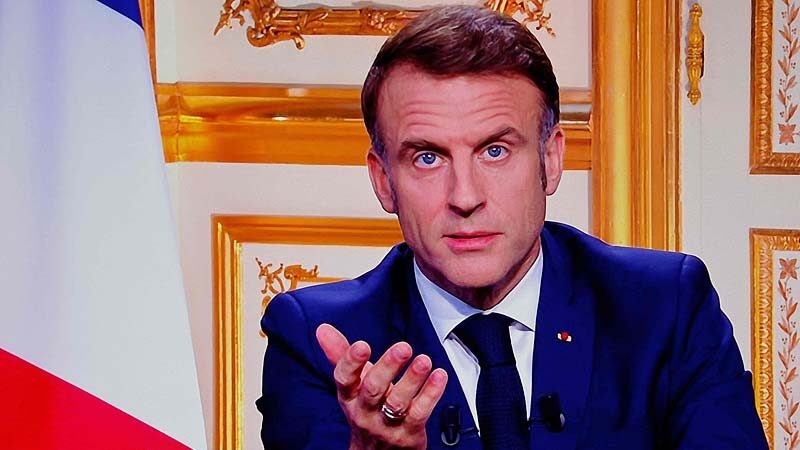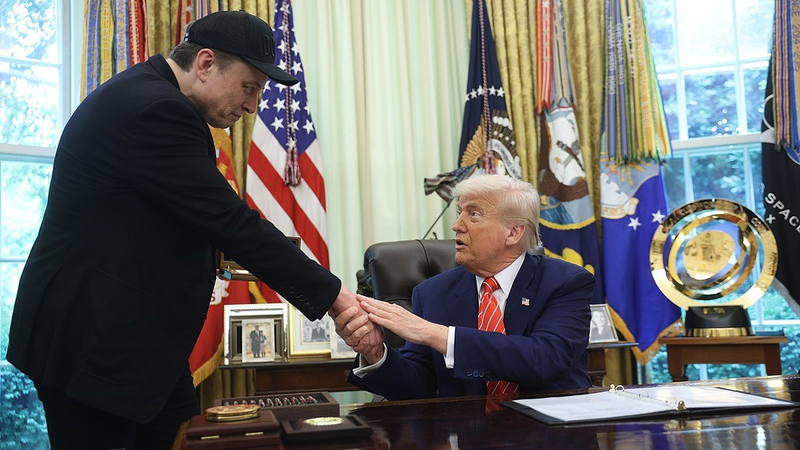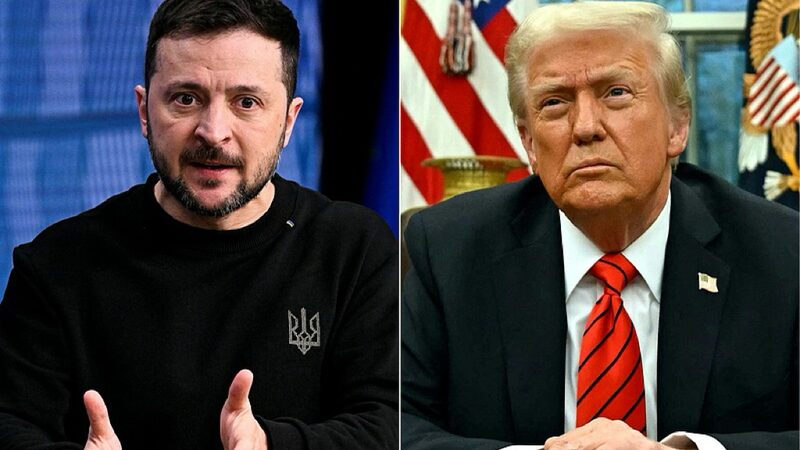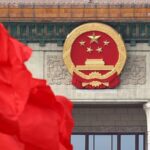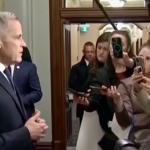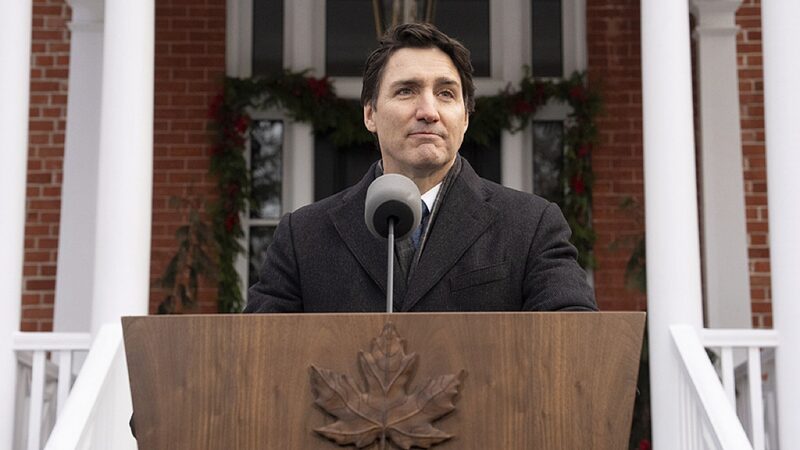Ottawa, Canada — Canadian Prime Minister Justin Trudeau has announced his resignation after nine years in power, citing escalating party infighting that has hindered his government’s ability to address pressing national issues. The unexpected departure marks a pivotal moment in Canadian politics, with potential ripple effects on the international stage.
The resignation comes amid a severe housing crisis and controversial immigration policies that have eroded public support for Trudeau’s administration. Einar Tangen, a senior fellow at the Taihe Institute, underscores these challenges as central to Trudeau’s waning popularity.
“Canada’s housing affordability has plummeted, affecting millions,” Tangen remarked. “Coupled with immigration policies that strain public resources, these issues have significantly impacted public perception of Trudeau’s leadership.”
Under Trudeau, Canada’s welcoming stance on immigration led to increased diversity but also heightened demand for housing and social services. Critics argue that the government’s failure to adequately expand infrastructure and implement sustainable housing solutions exacerbated the crisis.
Party infighting further complicated these challenges. Internal disagreements over policy directions and leadership undermined the government’s effectiveness. Trudeau acknowledged that the discord made it difficult to unify efforts to tackle the nation’s problems.
The global community is closely monitoring the developments. Canada’s political stability and policy choices have substantial implications for international trade, economic partnerships, and immigration trends — factors of keen interest to Asia’s business professionals and diaspora communities.
For Asia, Canada’s shift in leadership may influence bilateral relations, investment opportunities, and immigration flows. Canadian policies on immigration have historically provided pathways for Asian professionals and students seeking opportunities abroad. Changes in these policies could reshape migration patterns and cross-border collaborations.
As Canada prepares for new leadership, there is speculation about potential policy reforms. Addressing the housing crisis and reassessing immigration strategies are expected to be high on the agenda. The incoming administration faces the challenge of restoring public trust and ensuring economic stability.
Trudeau’s resignation signifies not just an end to his tenure but a call for renewed focus on Canada’s domestic issues. The world watches as Canada embarks on this transitional phase, anticipating how it will redefine its role on the global stage and its relationships with key partners, including those in Asia.
Reference(s):
Housing crisis, immigration policy key to Trudeau's waning support
cgtn.com
